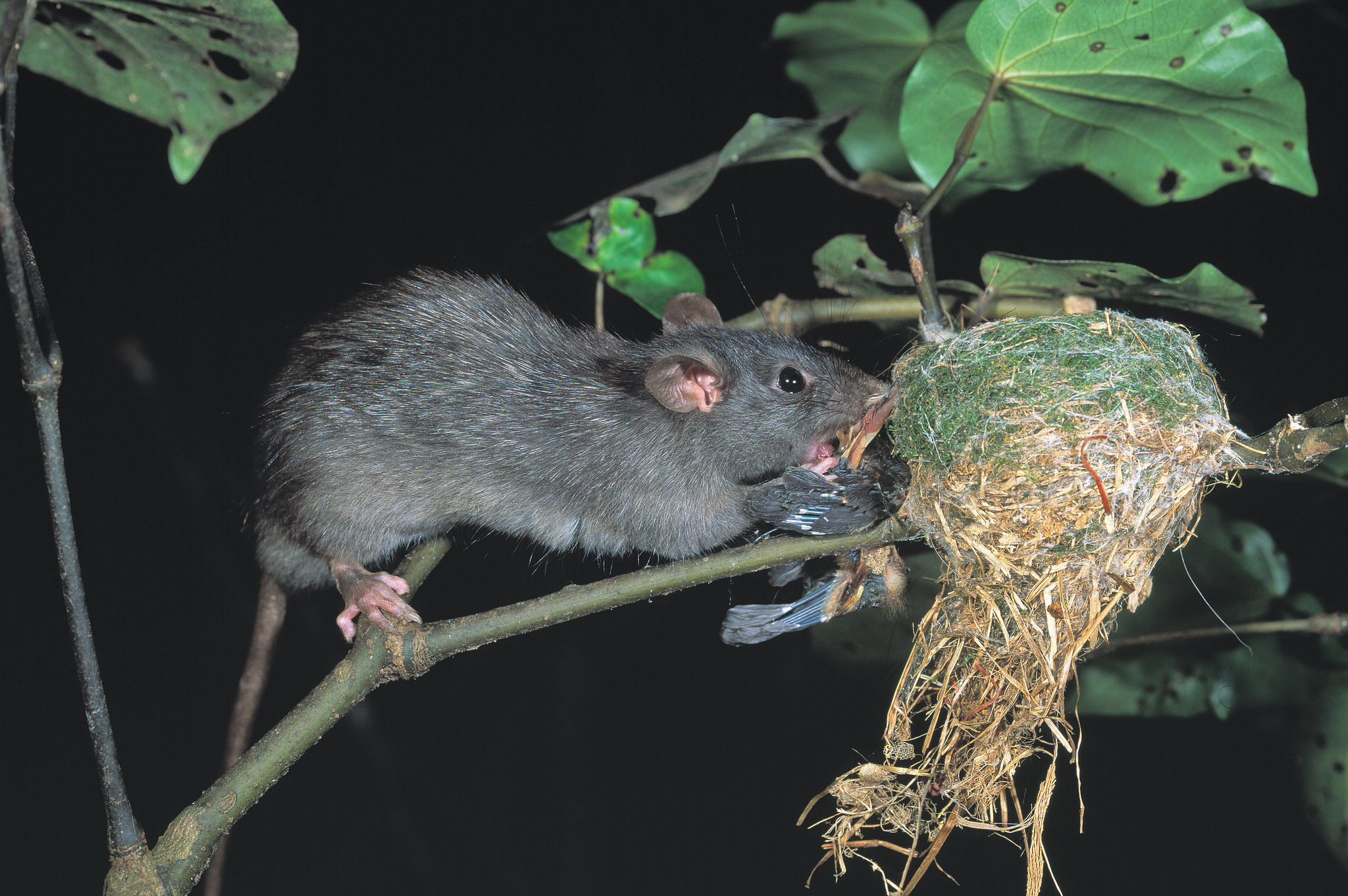
Remove Pests
Before the arrival of humans, the only native land mammals in New Zealand were three species of bats; New Zealand was primarily a land of birds, small lizards and invertebrates. Our native species evolved without mammalian predators, making them especially vulnerable when settlers arrived and introduced these animals.
The impact of introduced predators, invasive species and loss of habitat has had a devastating impact on or many native species.
Why we’re doing this?
Our native wildlife need three things: safety from predators, suitable habitat and enough genetic diversity for long-term resilience. Of these, the first – safety from predators – needs addressing most urgently.
There are many benefits, dependent on your viewpoint, from reduced diseases for stock, to maybe more fruit on your trees, or a better habitat for birds and more birdsong. So basically, we all benefit in some way by removing pests.
What can you do?
Simply, help us trap these predators. It’s not easy, it’s not cheap, and it can be hard work; but we think the rewards are worth it! Pest Free Banks Peninsula has secured funding to start the eradication journey on Banks Peninsula, on the Wildside. We’re 10+ years or more away from being in their target, but in this time we can make a huge difference, with your help.
What we’re targeting?
At this point we’ve chosen to kick off the project targeting 3 main pests, as these are the ones with the greatest impact on our birds and habitat. Possums are probably the best known target, but in fact, while they devour a good portion of forest and bush, they are opportunistic omnivores, readily eating most food they come across in their environment, including eggs, chicks and invertebrates. Mustelids in particular are natural born killers.
While the strategies for removing them are all somewhat difference, one important thing for us as trappers is to “know thy pest”. If you understand their behaviour, and over time pair this with your experience, we collectively become better trappers. Like fishing, it’s not uncommon to have little “luck” initially, but (hopefully) like fishing, the more you try, the more you catch!
Following is a little more information about each of our target pests, which then links to the types of traps, lures and best practices for trapping them.
Rats
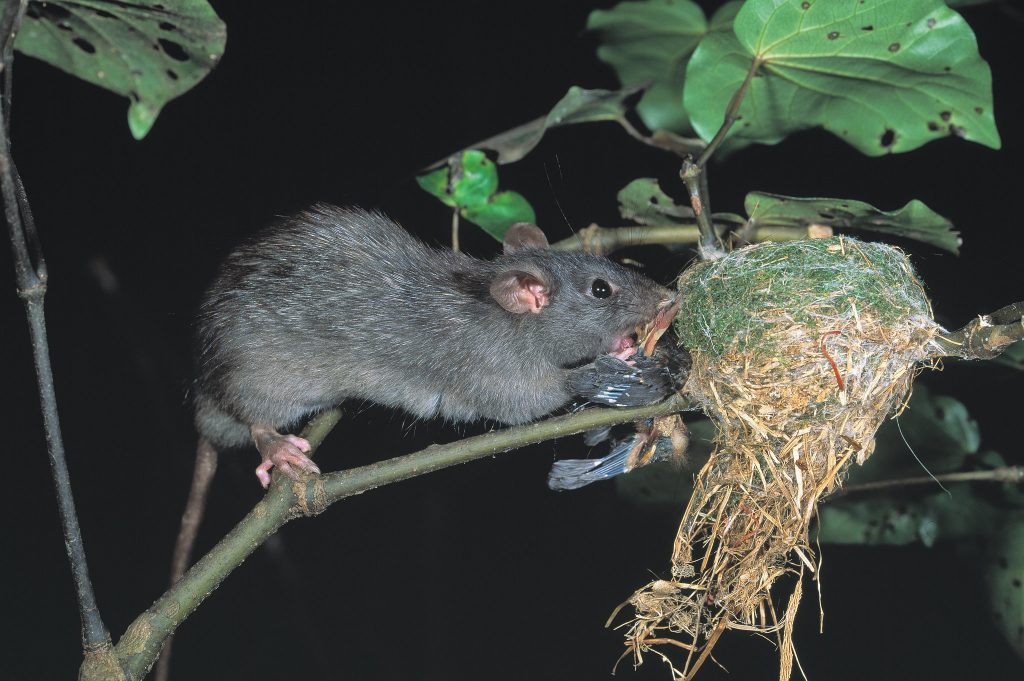
Rats have a major impact in New Zealand because they are omnivores – eating birds, seeds, snails, lizards, fruit, insects, eggs, chicks, larvae and flowers. The varied diet of rats also makes them
competitors with native wildlife for food sources.
Possums
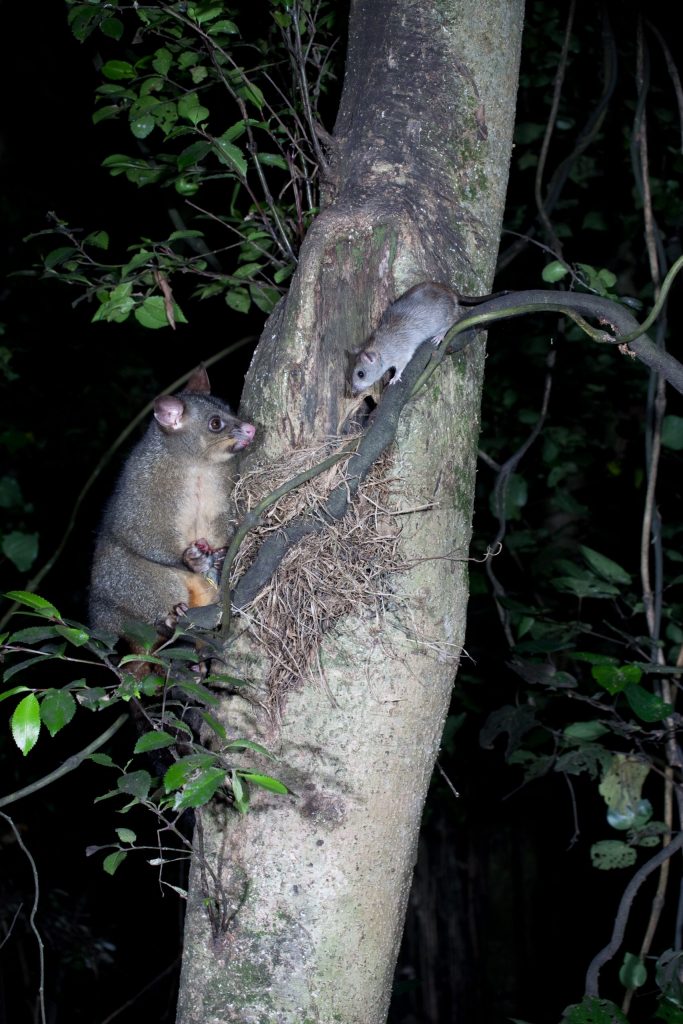
Possums have a significant impact
on many of New Zealand’s natural ecosystems. They occur in high numbers and compete with native birds and reptiles for food sources such as nectar.
Stoats & Ferrets
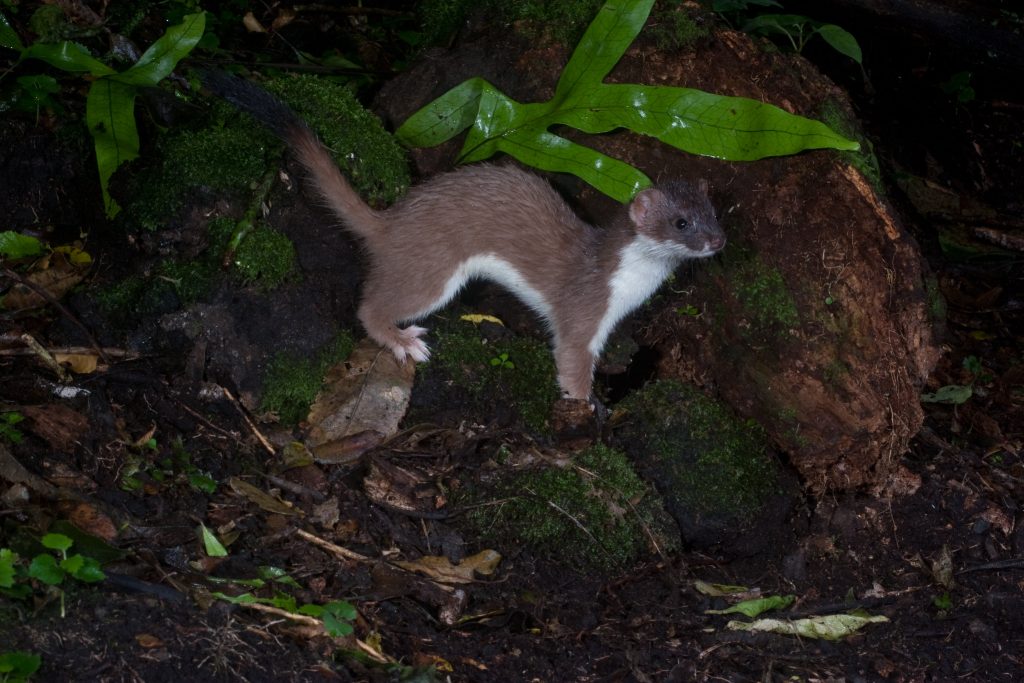
Mustelids include stoats, ferrets and the less common weasel.
Stoats are ferocious predators and the number-one killer of many of New Zealand’s endangered native species. Ferrets prey on indigenous wildlife and also carry bovine tuberculosis (Tb).
There are many other threats such as Feral Cats, Hedgehogs, and Rabbits & Hares. There are also great targets, especially Feral cats, and after our launch phase we may expand efforts to include these pests, dependent on your feedback.
reducing Weeds
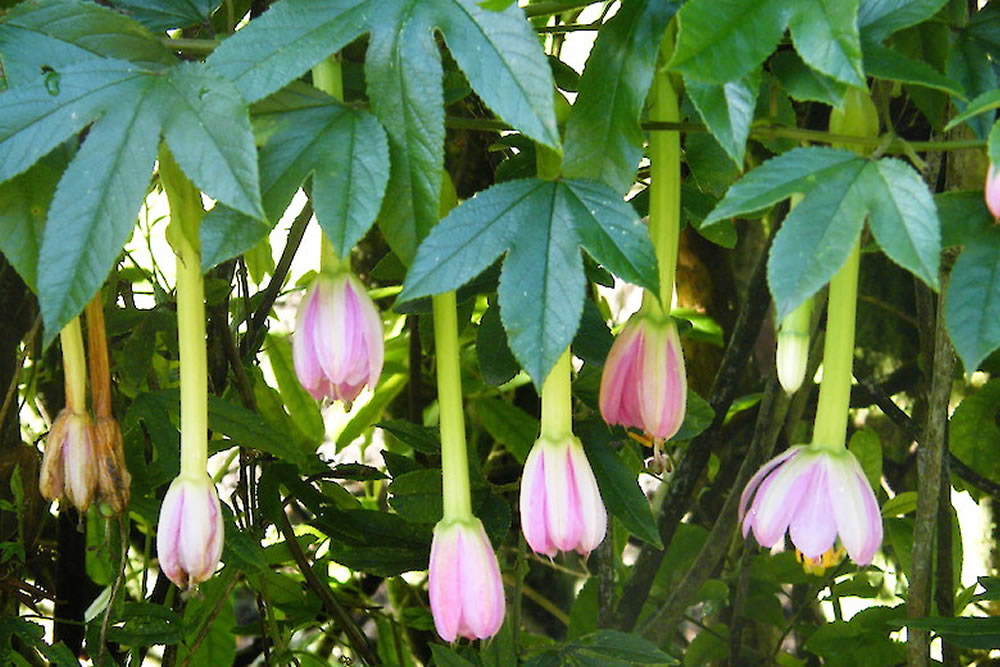
Invasive weeds smother native forest, bush or the ground and prevent native seedlings from regenerating. Removing weeds gives our native vegetation a chance to return to its natural state and provide a home for bird and insects.
removing Pests

The impact of introduced predators has had a devastating impact on many native species, with a massive decline in numbers or, sadly, extinction. Removing pests is the #1 way to help revive our native birds, insects and invertebrates.
replanting Natives
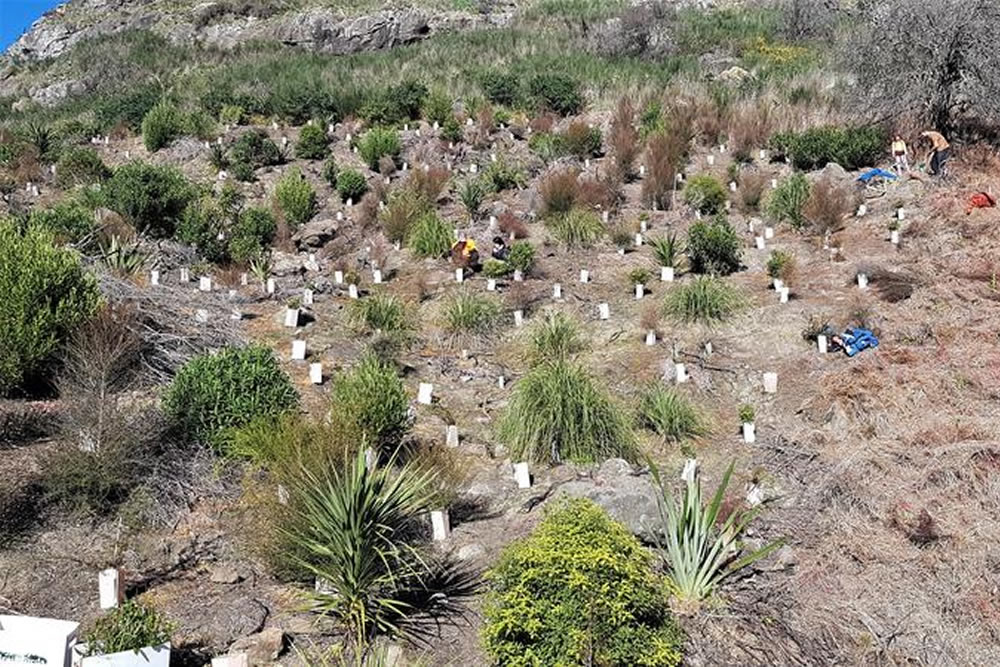
Banks Peninsula was covered in a rich and diverse forest that supported an abundant bird and animal population. Regeneration of their “home” is an important step in helping these populations return.
Let’s work together to help reWild Wainui!
Join our community initiative to reduce Weeds, remove Pests and replant Natives.